


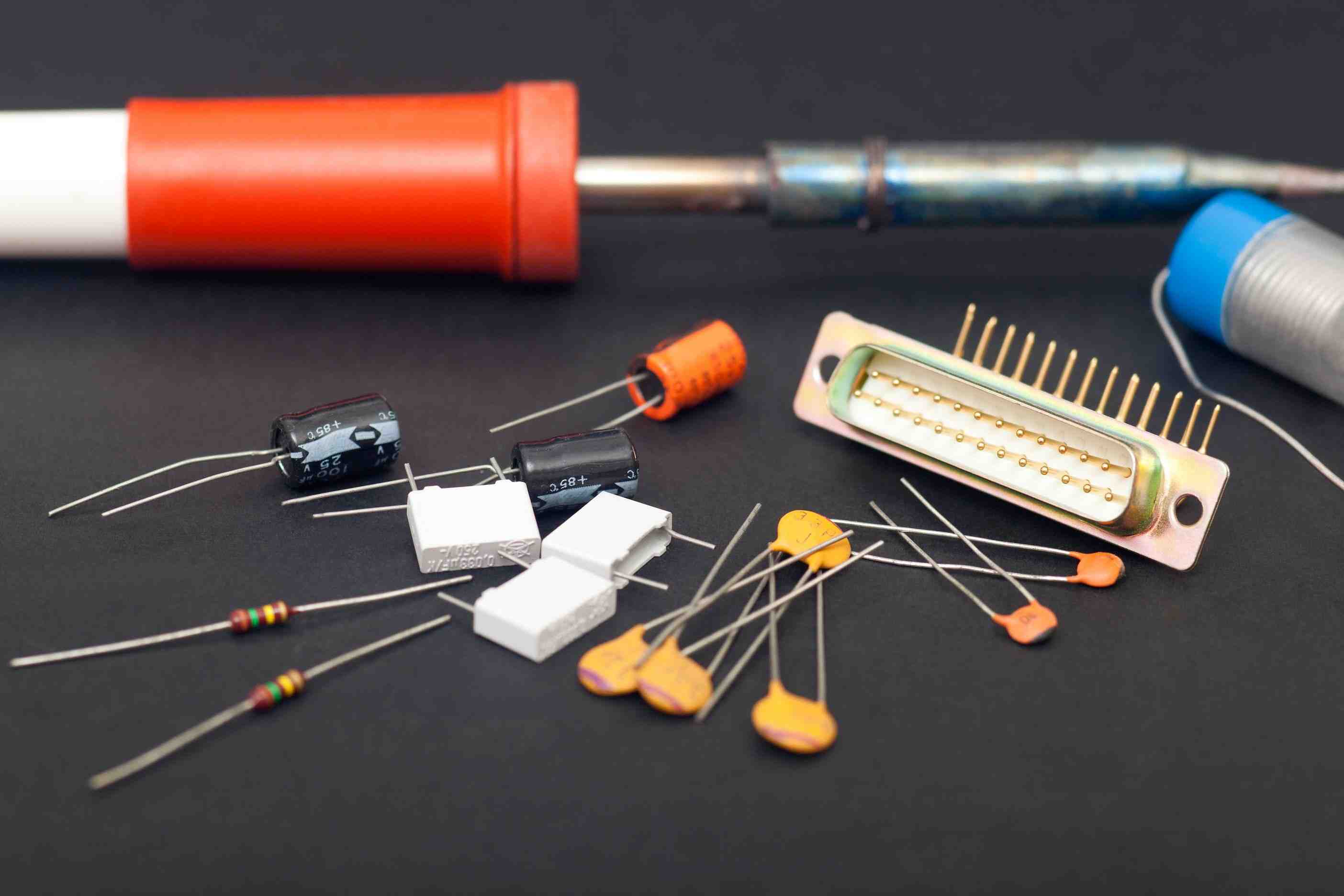

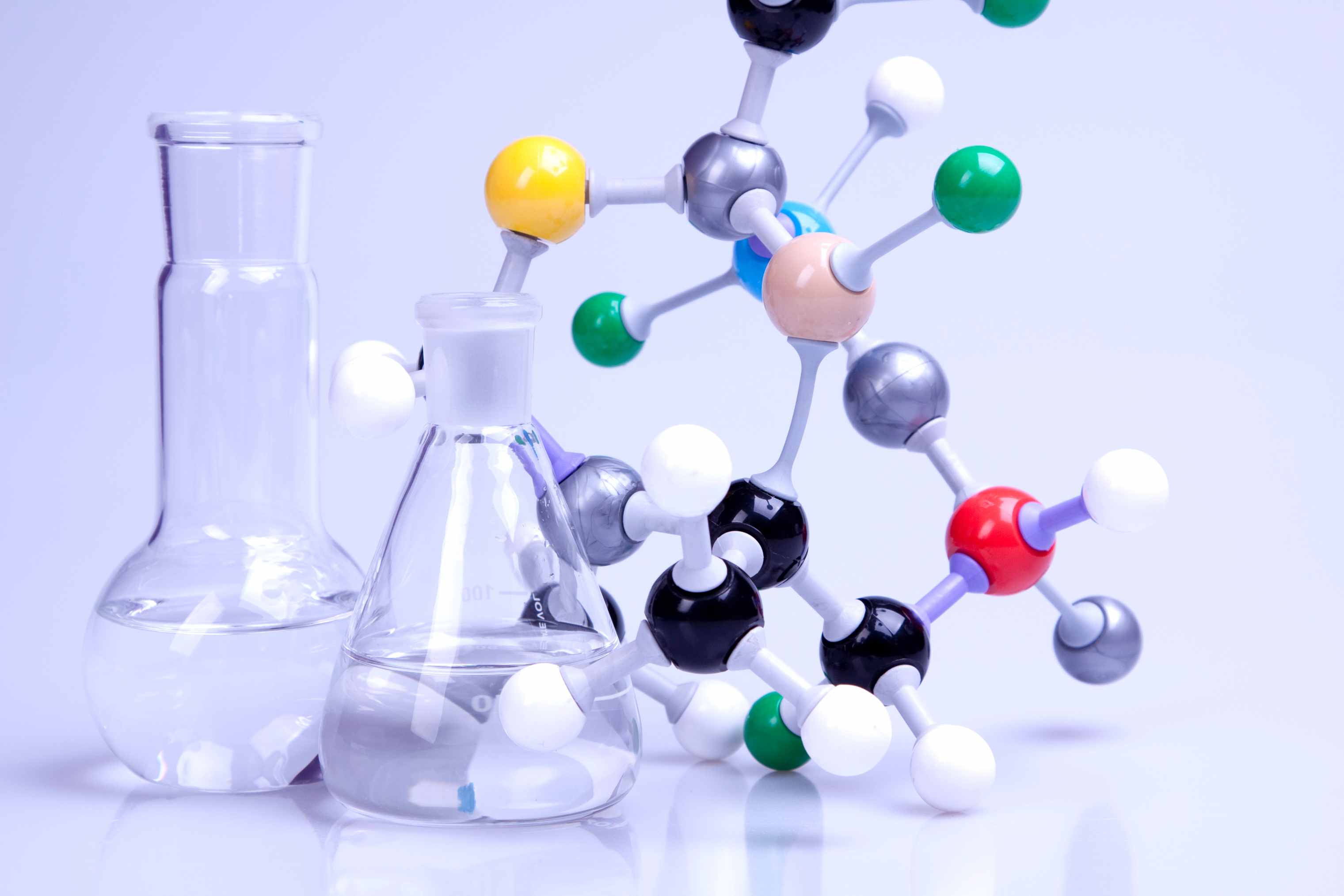
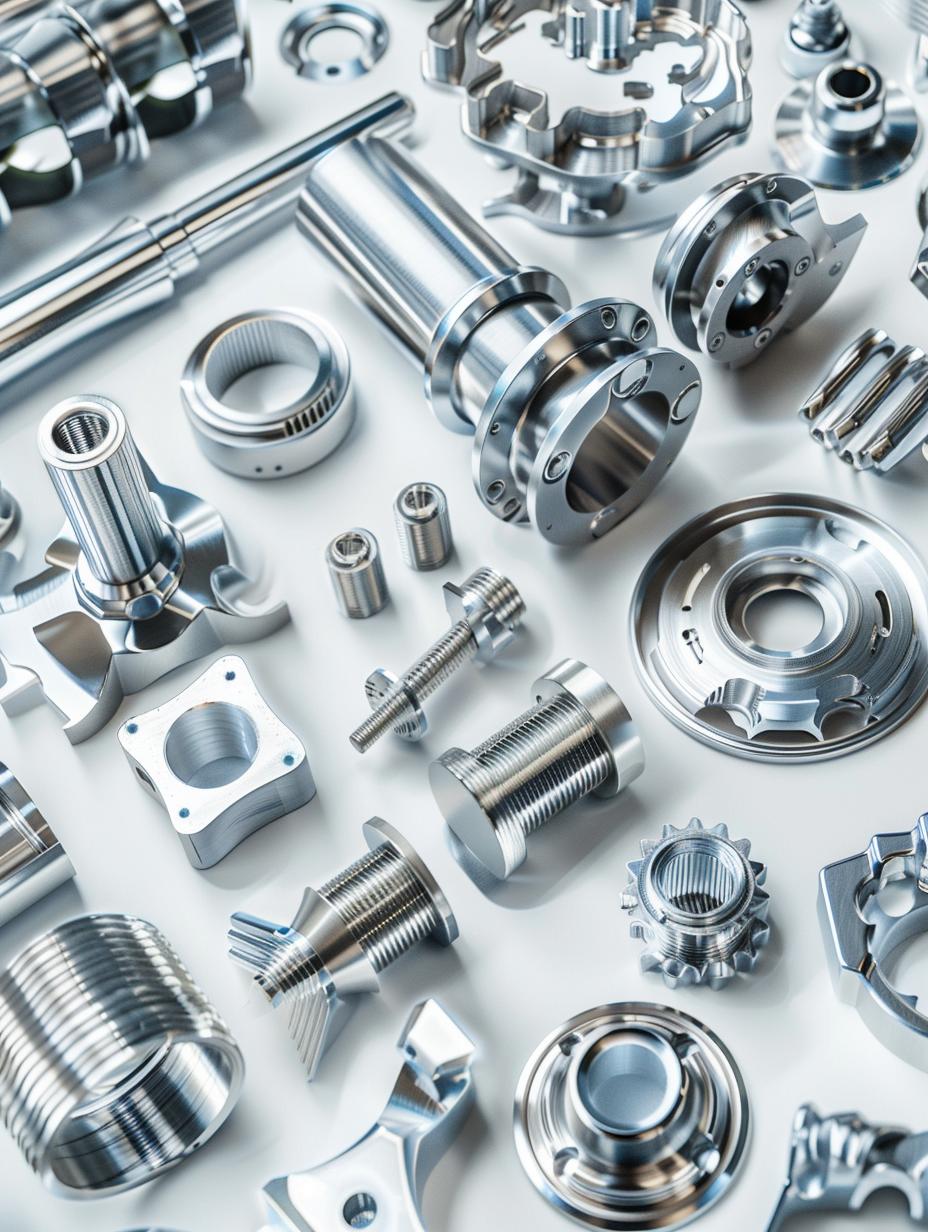














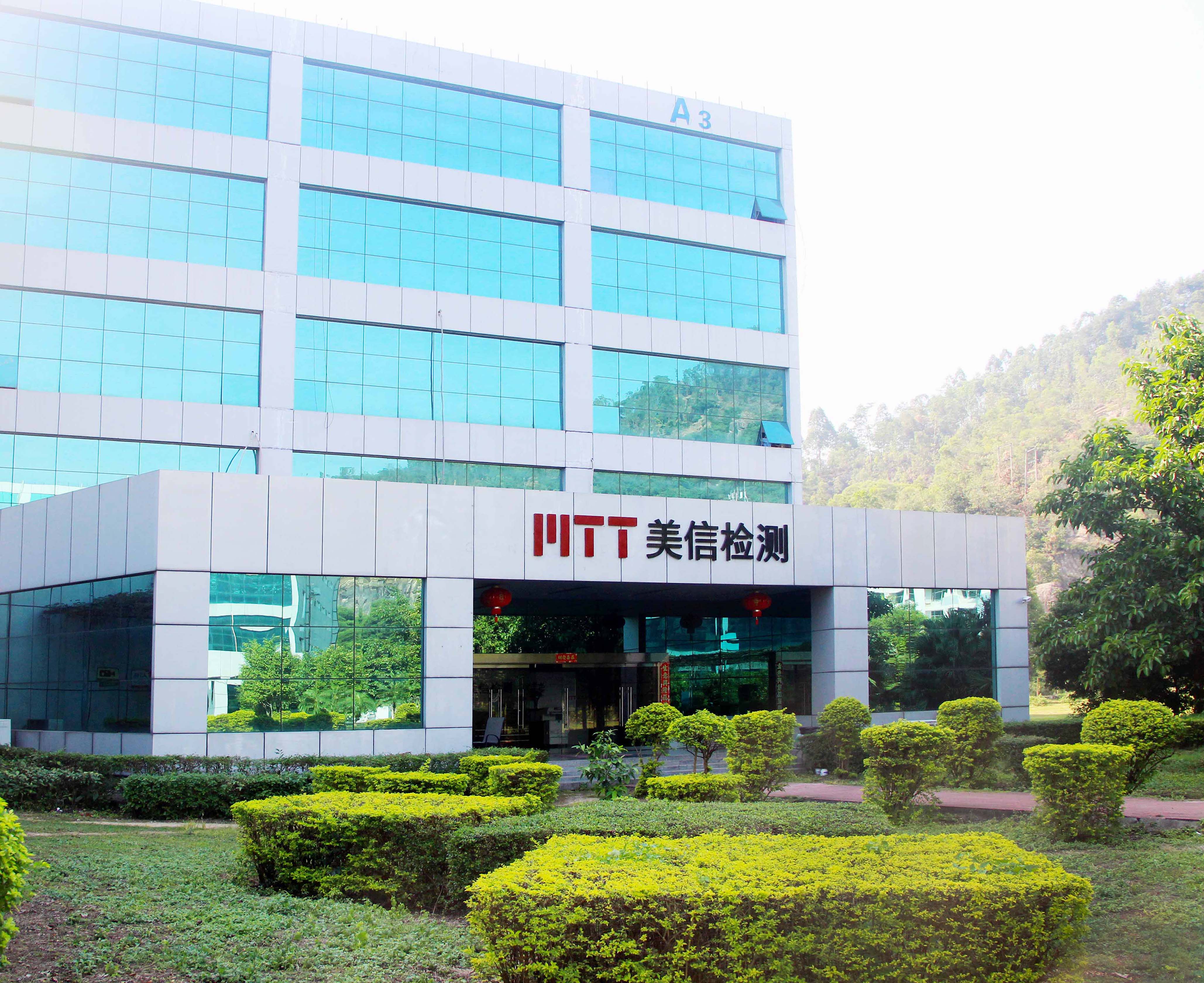







MTT has advanced oil testing equipment and a high-quality technical staff team. It can complete all item tests of gasoline, aviation kerosene, diesel, biodiesel, lubricating grease, and hydraulic oil, and sincerely provide you with high-quality, efficient, accurate and cost-effective oil testing services.
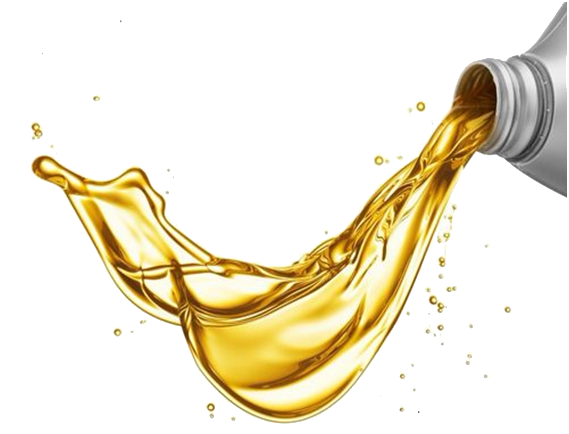
| Project Overview
MTT has advanced oil testing equipment and a high-quality technical staff team. It can complete all item tests of gasoline, aviation kerosene, diesel, biodiesel, lubricating grease, and hydraulic oil, and sincerely provide you with high-quality, efficient, accurate and cost-effective oil testing services.
| Test Content and Standards
1. Diesel
|
Biodiesel (BD100) is tested according to the GB 20828-2015 standard |
|
Density, kinematic viscosity (40°C), flash point (closed cup), cold filter plugging point, sulfur content, distillation range, residual carbon of 10% distillation residue, sulfate dash, moisture, mechanical impurities, copper strip corrosion (50°C/3H), oxidation stability, cetane index, acid value, free glycerol and total glycerol |
|
Ordinary diesel is tested according to the GB 252-2015 standard |
|
Density, kinematic viscosity (40°C), flash point (closed cup), pour point, cold filter plugging point, sulfur content, distillation range, residual carbon of 10% distillation residue, ash content, moisture, mechanical impurities, copper strip corrosion (50°C/3H), oxidation stability, cetane index |
2. Kerosene
|
Aviation kerosene (No. 3 jet fuel) is tested according to the GB 6537-2006 standard, and kerosene is tested according to the GB 253-2008 standard |
||
|
Regular testing items |
Saybolt color, sulfur content, mercaptan sulfur, distillation range, flash point (closed cup), smoke point, density, freezing point, kinematic viscosity |
|
|
Special testing items |
Jet fuel |
Acid value, aromatic hydrocarbon content, olefin content, net calorific value, naphthalene hydrocarbon content, actual gum, electrical conductivity, copper strip corrosion, water separation index, lubricity |
|
Kerosene |
Water-soluble acids or alkalis, mechanical impurities and moisture |
|
3. Motor gasoline
|
Motor gasoline is tested in accordance with the GB 17930-2011 standard |
|
Octane number, lead content, distillation range, vapor pressure, gum, induction period, sulfur content, mercaptan sulfur content, copper strip corrosion (50°C/3H), water-soluble acids or alkalis, mechanical impurities and moisture, benzene content, aromatic hydrocarbon content, olefin content, oxygen content, methanol content. Manganese content, iron content |
4. Automotive lubricants
|
Category |
Applicable products |
Standard |
Test Item |
|
Regularly inspected items of automotive lubricants and greases |
Gasoline/Diesel Engine oil |
GB 11121 GB 11122 |
Cold cranking viscosity, border pumping temperature, kinematic viscosity at 100°C, kinematic viscosity at 40°C, viscosity index, pour point, base number |
|
Moisture, density, sulfur, flash point (open cup), foam characteristics, mechanical impurities, phosphorus content, sulfate ash |
|||
|
Automotive gear oils |
SH/T 0350 |
Moisture, foam characteristics, acid value, copper strip corrosion, pentane insolubles, toluene insolubles, iron content, etc. |
|
|
Refrigerator oil |
GB/T 16630 |
Trace moisture, acid value, sulfur content, residual carbon, ash, color, foam characteristics, etc. |
|
|
Brake fluid |
GB 12981 |
Appearance, copper strip corrosion, kinematic viscosity at 100°C, (wet) equilibrium reflux boiling point, pH value, etc. |
|
|
Antifreeze |
------------- |
Boiling point, freezing point |
|
|
Lubricating grease |
------------- |
Dropping point, copper strip corrosion, penetration, sintering load (four-ball method) |